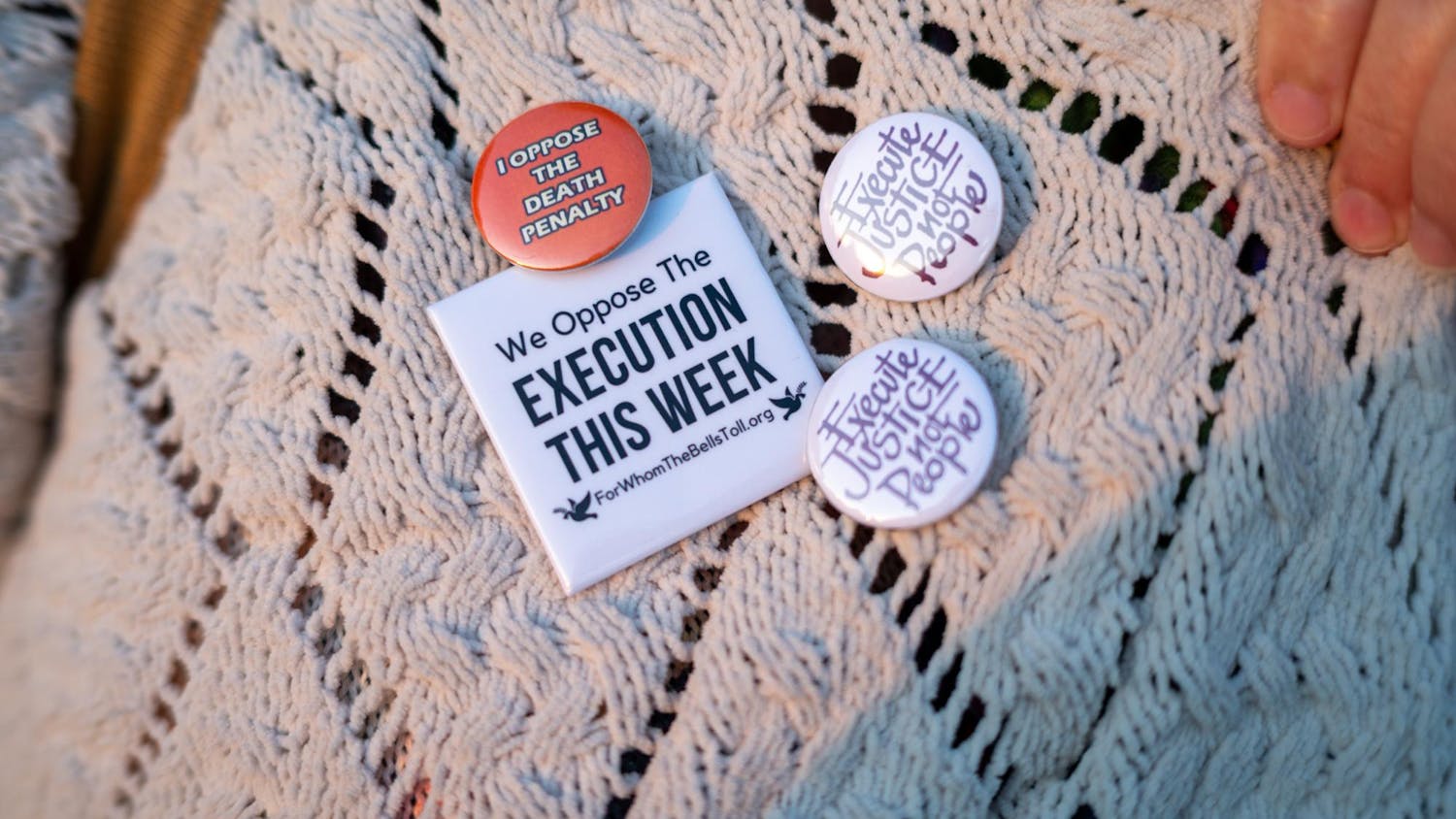A report by the Florida Department of Corrections showed that 26.1 percent of all prisoners admitted for the fiscal year 2010-2011 were incarcerated for non-violent drug offenses, the most common type of offense for the year. As of June 30, 2011, non-violent drug offenders made up 18.4 percent of the total inmate population, still the most of any crime.
In terms of those incarcerated for mere possession of drugs (in other words, those not convicted of trafficking, manufacturing, selling or purchasing drugs), this group made up 26.8 percent of all non-violent drug offenders for the same fiscal year.
Because drug laws are largely enforced at the federal level, the statistics for drug offenders under federal jurisdiction are even more grim. A report by the U.S. Justice Department found that 51.1 percent of federal inmates were incarcerated for drug offenses.
A bill that passed the Florida House of Representatives by 112-4 and the Florida Senate by 40-0 would have helped drug-addicted inmates receive treatment after serving half of their sentence. According to the Miami Herald, the program would have only helped non-violent drug offenders, as long as they met certain conditions such as good behavior.
Unfortunately for these inmates, guilty of nothing but being addicted to drugs, Gov. Rick Scott vetoed the bill on Friday.
The bill was sponsored by Sen. Ellyn Bogdanoff, a Fort Lauderdale Republican, who argued the bill “would save taxpayers’ money by reducing the chance that inmates would re-offend by getting them the help they need,” according to the Herald.
In his veto message, Scott wrote that “victims of crime” would not be able to receive justice if “a criminal is permitted to be released early from a sentence imposed by the courts.”
But who are the victims when the inmates affected by this bill are non-violent offenders?
Did Scott even read the bill?
Is he so concerned about looking “soft on crime” that he would veto any bill that gave a sense of dignity to inmates in the Florida corrections system?
If anything, keeping those addicted to drugs locked up for a full sentence without allowing them to seek help will not prevent them from being repeat offenders.
Their imprisonment will likely foster their addiction, increase their resentfulness of the justice system, extend their time surrounded by truly violent criminals, and ruin their chances of ever becoming a productive member of society once they are released.
If anything, our corrections system should be about rehabilitation and retribution. While the prospects of rehabilitation for extremely violent criminals are quite dim, helping non-violent offenders can only yield positive results.




